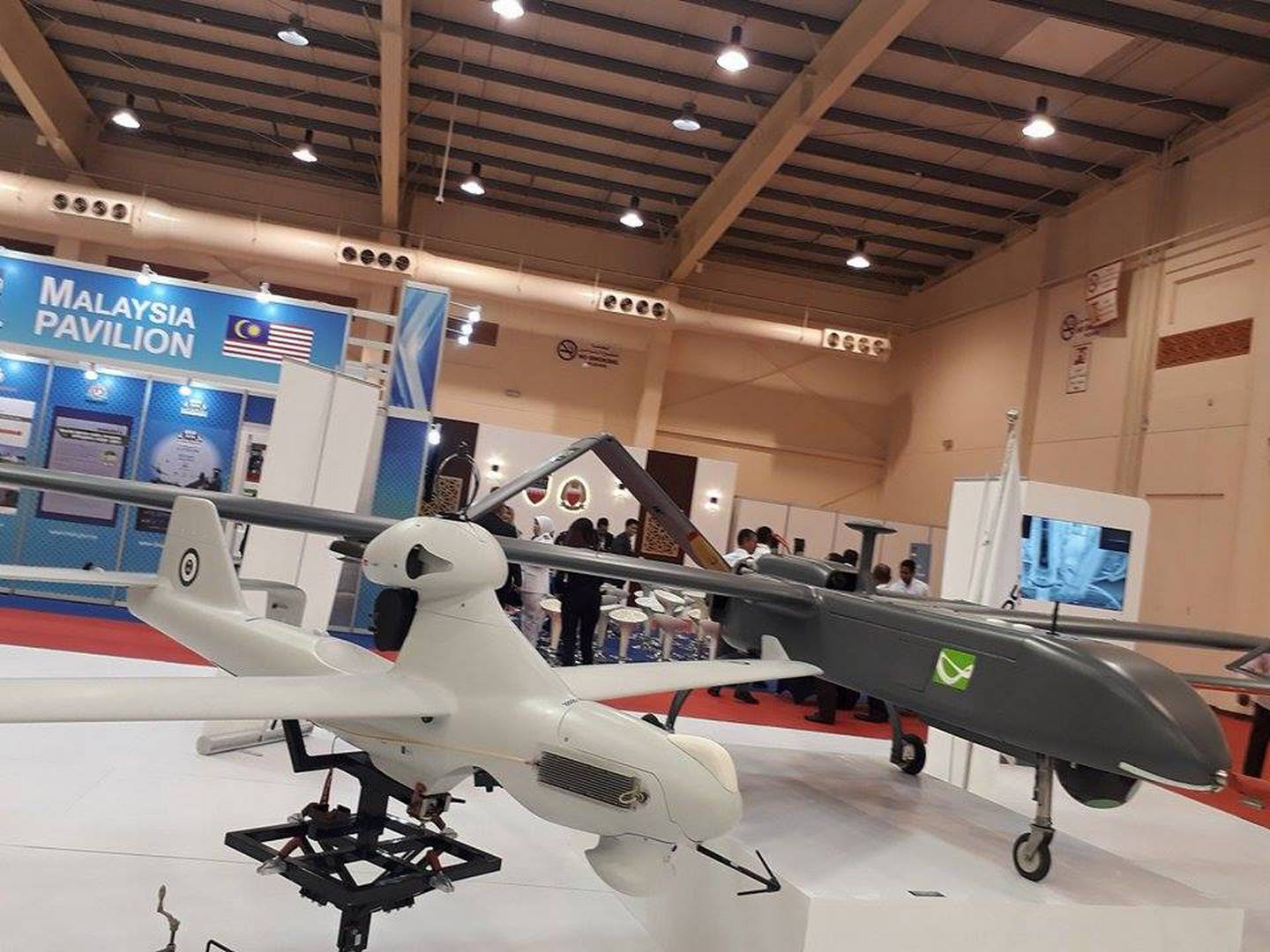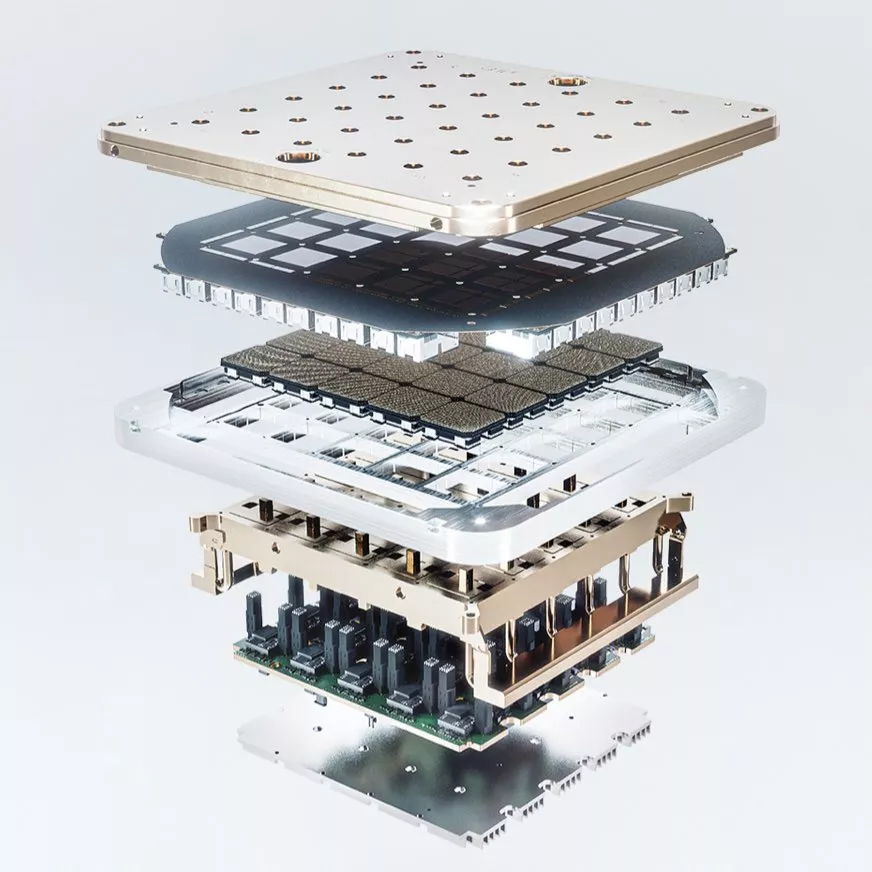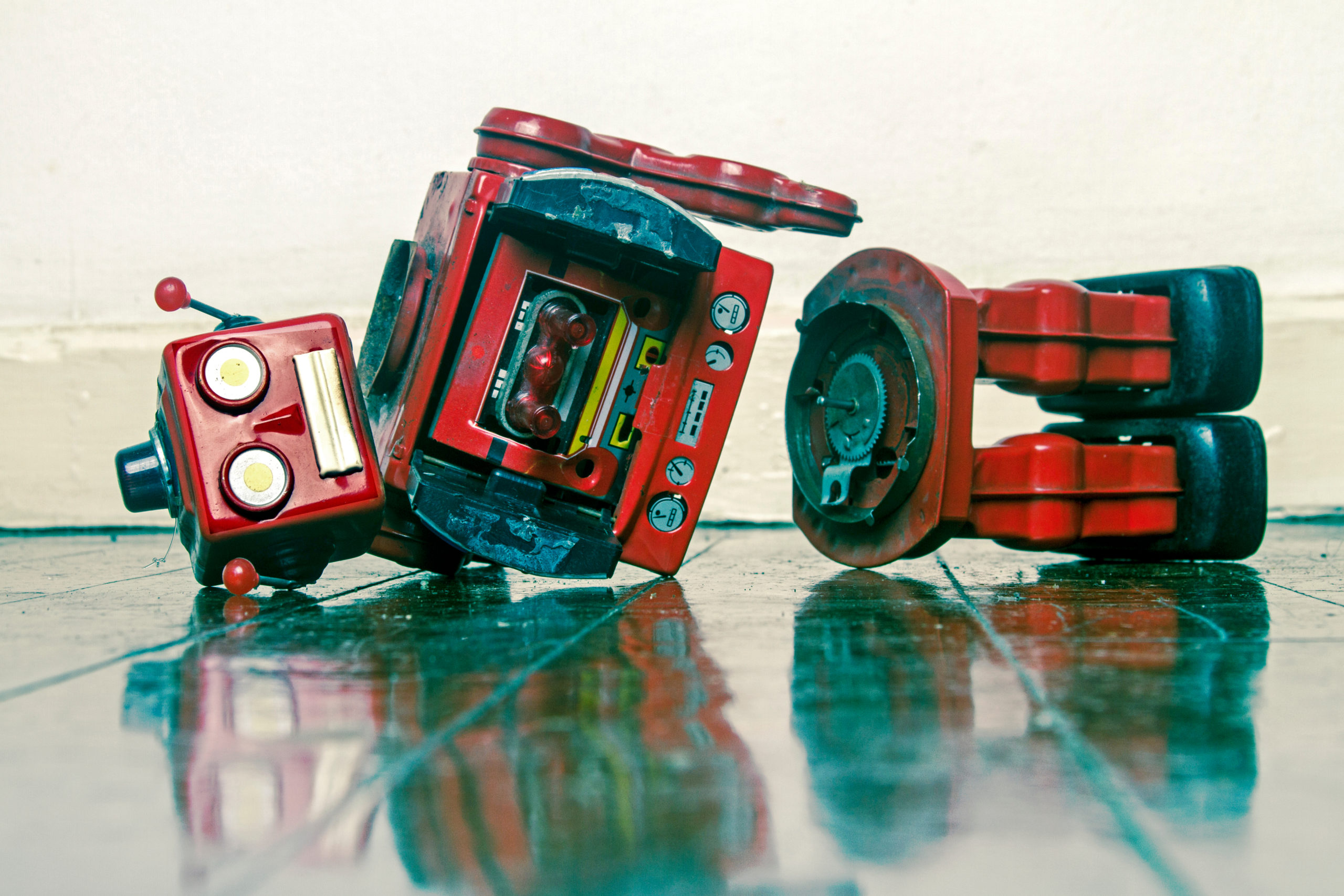The Sky Guard drone will be co-produced and developed by two Saudi businesses for operational usage.
A deal has been struck between two Saudi companies to co-produce and further improve the Sky Guard drone for military usage. The agreement was signed on August 19 by Sami bin Mohammed al-Alhumaidi, interim director-general of the Prince Sultan Defense Studies and Research Center, and Ziad bin Houmod al-Musallam, CEO of Saudi Arabian Military Industries’ Advanced Electronics Company. The UAV, which was designed and constructed by the research center, has undergone testing and experimentation to qualify its subsystems in a variety of environments. In addition, flight experiments were carried out to determine design requirements.






